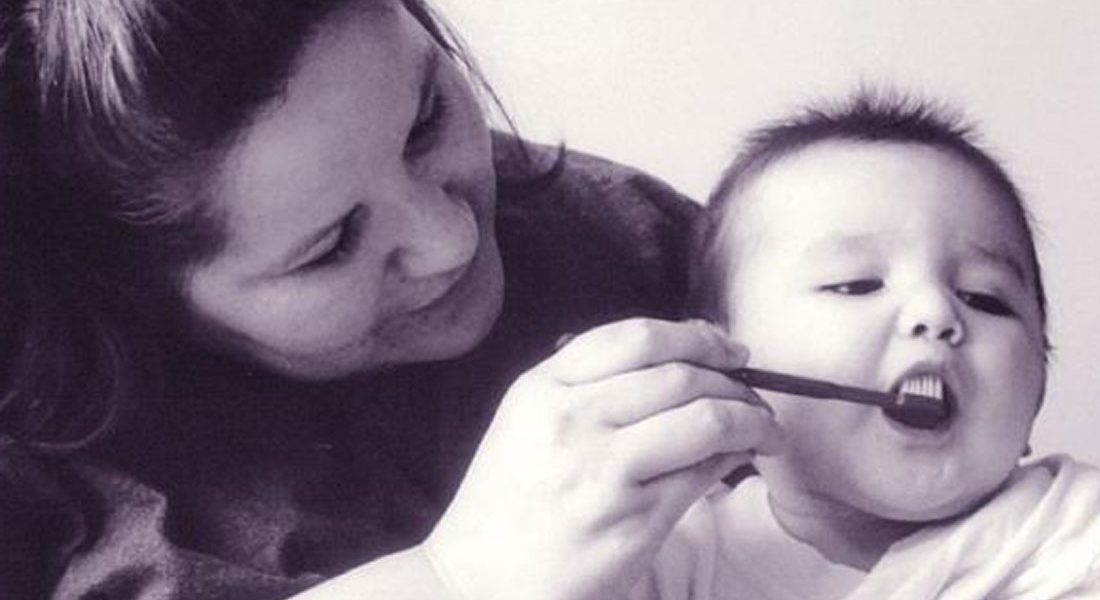Baby teeth: they’re going to fall out, but caring for them is still essential to children’s health.
That’s the central message of Healthy Smile Happy Child, a long-running Manitoba initiative that promotes early childhood oral care to parents and caregivers.
Now a University of Manitoba team will conduct research to identify ways in which Healthy Smile Happy Child can be modified – and potentially scaled up – to better serve First Nations and Métis communities.
The study has received a three-year, $675,000 grant from the Canadian Institutes of Health Research (CIHR) as part of the Pathways to Health Equity for Aboriginal Peoples initiative. Additional in-kind support will bring the total funding to $900,000.
“We have evidence that Healthy Smile Happy Child is helping to change awareness and dental outcomes. Now, in the spirit of reconciliation with Indigenous peoples, how can we tailor and enhance it so it’s more culturally informed?” says study lead Robert Schroth [B.Sc. Med./03, DMD/96, PhD/11], associate professor of preventive dental science in the College of Dentistry and of pediatrics/child health and community health sciences in the Max Rady College of Medicine.

The provincially funded Healthy Smile Happy Child program, operated for the past 17 years by a partnership that includes the U of M, uses a community-development approach.
It delivers important decay-prevention messages, such as never putting a baby to bed with a bottle of milk or a sweet drink, taking children to the dentist before their first birthday, weaning toddlers from the bottle or sippy cup by the age of 12 months, and brushing tiny teeth from the time they emerge.
The program reaches parents and caregivers at the community level, using tools such as posters, pamphlets, displays, games and oral-care gift bags.
In Manitoba, Indigenous children have a shockingly high rate of severe early childhood tooth decay, which causes pain that can affect nutritional status, sleep and behaviour. In some northern communities, up to 90 per cent of children are affected. Contributing factors include a lack of fluoridated water and affordable healthy foods, and a lack of oral-health knowledge among parents.
Some children’s baby teeth become so badly decayed that dental surgery under general anesthesia is the only option. In northern and rural Manitoba, the rate of this surgery is nearly 10 times the Canadian average.
“If we can start reducing the number of Indigenous kids who get the severe form of decay and have to go for surgery, that would be a success story,” says Schroth.
For the Pathways project, in partnership with the Manitoba Metis Federation and Nanaandawewigamig (First Nations Health and Social Secretariat of Manitoba), Schroth’s team will undertake participatory research with four communities: one Métis and one First Nations community in Winnipeg, as well as the Métis community of Duck Bay and a yet-to-be-confirmed rural First Nation.
Parents will be asked how they prefer to receive culturally appropriate oral-health information. Elders will be consulted so that traditional knowledge can be gathered. For example, the professor says, “We’re trying to see if there were traditional teething strategies. And we want to find the best cultural ways to support breastfeeding, which is generally better for baby teeth than bottle-feeding.
“We need to listen to what community members want and build community capacity.”

